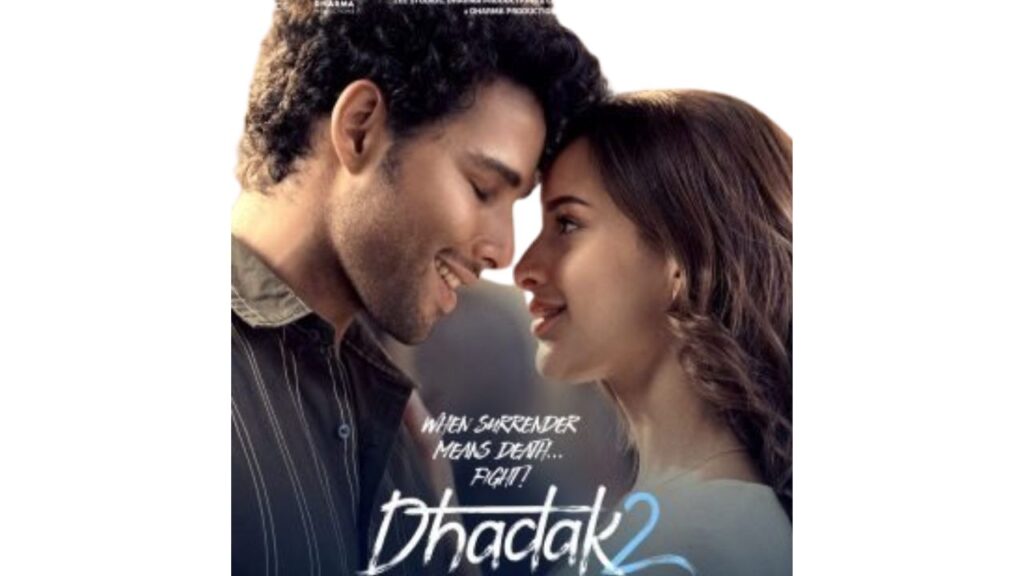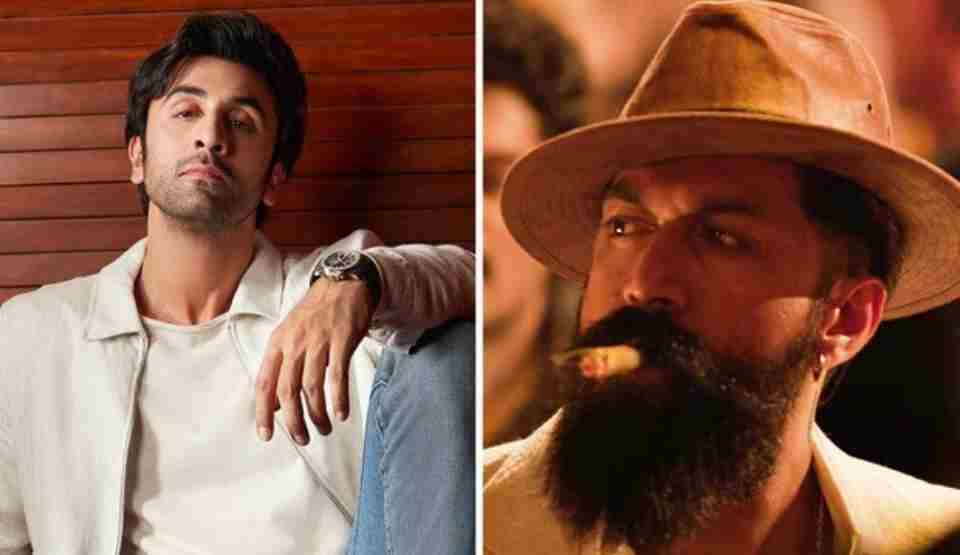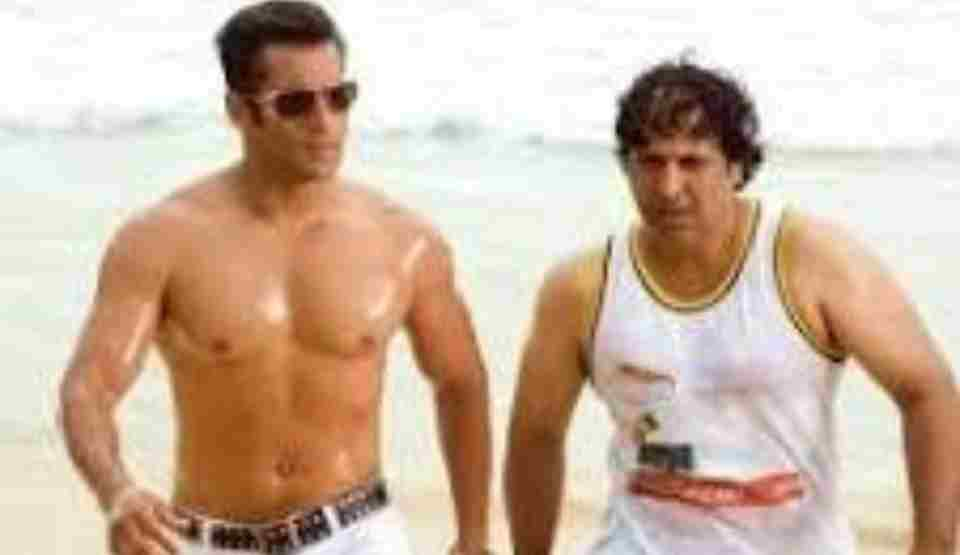Dhadak 2 Movie Review: A Bold Commentary on the Caste System
By Aanya Rajput for Tab2Mag .
Synopsis
DHADAK 2 tells the poignant story of two individuals from opposite ends of the caste spectrum who fall in love. Neelesh (Siddhant Chaturvedi), a low-caste student, earns admission to the National University of Law through a quota system. He forms a deep connection with Vidhisha, aka Vidhi (Triptii Dimri), an upper-caste classmate. Their bond blossoms into love, and Vidhi invites Neelesh to her sister Nimisha’s (Deeksha Joshi) wedding. Despite her family’s reservations, Neelesh attends the ceremony with enthusiasm, only to face a shocking revelation that shapes the rest of the narrative.

Story and Screenplay
DHADAK 2, a remake of the 2018 Tamil film Pariyerum Perumal, delivers a simple yet impactful story adapted by Rahul Badwelkar and Shazia Iqbal. While not a scene-for-scene recreation, the narrative retains a hard-hitting essence. The screenplay falters slightly in the first half, feeling dry, but gains momentum post-interval with sharp dialogues that enhance the film’s intensity.
Direction
Shazia Iqbal’s direction is commendable, reflecting the harsh realities of caste-based prejudice in modern society. The film stands out as one of the boldest in recent times, with well-developed protagonists and a gripping love story marred by societal divides. The shocking intermission point elevates the drama, and the powerful climax is sure to resonate with audiences, likely earning applause in theaters.
Drawbacks
The first half lacks the intended emotional punch, and the rapid development of Neelesh and Vidhi’s romance feels somewhat unconvincing. The subplot involving Shekhar (Priyank Tiwari) is underdeveloped and lacks narrative justification. Additionally, the music fails to leave a lasting impression.
Performances
Siddhant Chaturvedi excels as Neelesh, portraying a character torn between defiance and the constraints of his identity with authenticity. Triptii Dimri delivers a stellar performance as Vidhi, shining particularly in the pre-climax and climax scenes despite reduced screen time in the second half. Saurabh Sachdeva (Shankar) is terrific in a pivotal role, while Vipin Sharma (Neelesh’s father) brings depth to a unique character. Supporting actors, including Zakir Hussain (Principal Haider Ansari), Harish Khanna (Vidhi’s father Arvind), Deeksha Joshi, Aditya Thakare (Vasu), Abhay Joshi (Vidhi’s uncle Prakash), Anubha Fatehpuria (Neelesh’s mother), and Manjiri Pupala (Richa), deliver strong performances. Saad Bilgrami (Ronnie) is effective as the antagonist, though Priyanka Tiwari’s role feels underutilized.
Music and Technical Aspects
The songs, including Bas Ek Dhadak, Preet Re, Duniya Alag, Yeh Kaisa Ishq, and the foot-tapping Bawaria, are well-integrated but lack staying power. Tanuj Tiku’s background score complements the film’s tone effectively. Sylvester Fonseca’s cinematography captures the story’s realism, while Suman Roy Mahapatra’s production design and Prashant Sawant’s costumes add authenticity. Amrit Singh’s action sequences are gripping yet restrained, and the editing by Omkar Uttam Sakpal and Sangeeth Varghese, supervised by Charu Shree Roy, is satisfactory but could have been tighter in parts.
Conclusion
DHADAK 2 is a compelling cinematic statement on the caste system, elevated by strong performances, impactful scenes, and a resonant climax. Despite a slow first half and forgettable music, the film’s bold narrative and emotional depth make it a must-watch.





